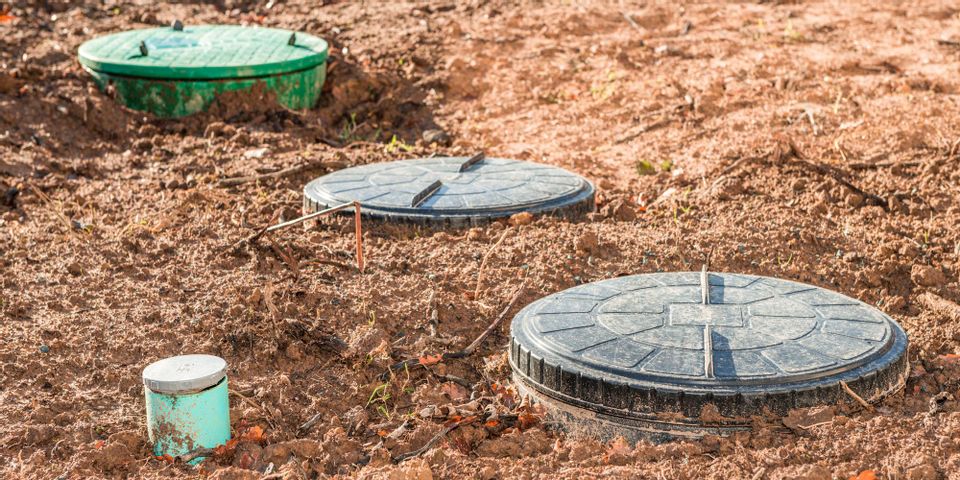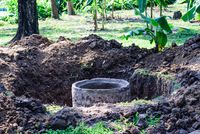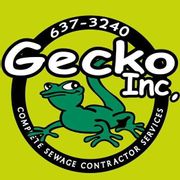Backyard Sewage Plant: The Difference Between a Septic Tank & Cesspool

Unless you use the public sewer system, you need some form of backyard sewage plant to process your waste. Although it’s been illegal to build a home with a cesspool in most sections of Maui for more than 20 years, there are still many older homes with one installed, and there are still sections of Hawaii where they are permitted.
However, for a superior sewage plant right on your property, it pays to retrofit a cesspool into a septic system. In fact, local leaders have offered tax credits for doing so in the past, because septic tanks are better for overall public health. This is because, unlike a septic system, a cesspool isn’t a very effective sewage plant when it comes to processing wastewater quickly. On top of that, in areas of high drainage, the waste can often flow into the water table. When this happens, it can pollute sources of groundwater.
 If you’re unfamiliar with a cesspool, it’s not a complicated (or useful) type of waste treatment method. Essentially, it’s nothing more than a large hole in your property, up to 20 feet deep, covered by a concrete cap. The waste is meant to decompose inside of it naturally over time. While, technically, this will eventually happen, it can be a very slow process. In the meantime, the wastewater can leak into other water sources, causing potential health problems.
If you’re unfamiliar with a cesspool, it’s not a complicated (or useful) type of waste treatment method. Essentially, it’s nothing more than a large hole in your property, up to 20 feet deep, covered by a concrete cap. The waste is meant to decompose inside of it naturally over time. While, technically, this will eventually happen, it can be a very slow process. In the meantime, the wastewater can leak into other water sources, causing potential health problems.
A septic system, on the other hand, is designed to correct these types of problems. The tank itself is much less likely to allow wastewater to escape, as long as you pump it according to schedule. Inside the tank, natural processes are facilitated to ensure more efficient waste treatment.
If your property still has a cesspool, get in touch with local experts to learn about making the switch to a septic system. You’ll be glad you did.To find out how you can turn your cesspool into a septic system, reach out to the professionals at Gecko Enterprises, serving clients throughout Oahu. Contact them online for more information or call (808) 637-3240.
About the Business
Have a question? Ask the experts!
Send your question

